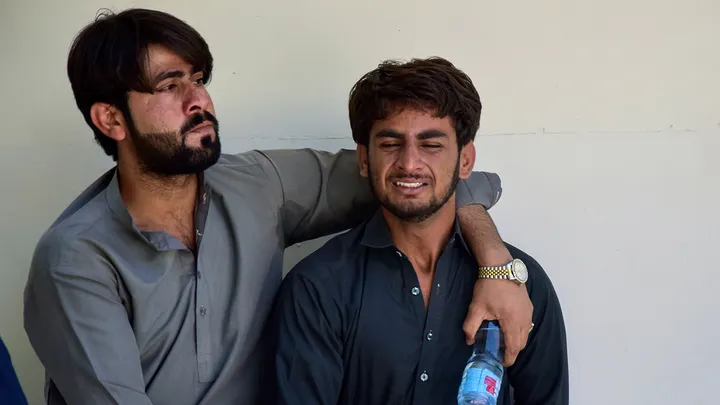The Balochistan Liberation Army (BLA) claimed responsibility for the deadliest day in recent history in Pakistan’s Balochistan province. The group’s coordinated attacks, involving 800 fighters, left more than 50 people dead, mostly civilians. The BLA’s actions have drawn national condemnation and a firm response from the Pakistani government, which has vowed to eliminate the insurgents without engaging in peace talks.
Ruthless Attacks on Civilians and Security Forces
The series of bombings and shootings, which began late Sunday, marked a dramatic escalation in the BLA’s activities. According to the BLA, 800 of its well-trained fighters were involved in the violence, which targeted both civilians and security personnel. The group’s statement claimed that no civilians were intentionally harmed. However, the reality on the ground suggests otherwise, as more than 50 lives were lost, including those of security forces.
Government’s Stance and Reactions
Prime Minister Shehbaz Sharif clarified that there would be no peace negotiations with the BLA. In a Cabinet meeting, he emphasized the government’s stance against dialogue with the insurgents. Interior Minister Mohsin Naqvi echoed this sentiment, stating that the police could deal with the insurgents and that no large-scale military operation was necessary. Provincial Chief Minister Sarfraz Bugti also vowed to deal with the attackers “with full force” following the nationwide outcry over the violence.
Impact on Chinese-Funded Projects
The BLA’s attacks were seen as a direct threat to Chinese-funded development projects under the China-Pakistan Economic Corridor (CPEC). This multi-billion-dollar initiative aims to connect western China’s Xinjiang region with Pakistan’s Gwadar port. The BLA and other militant groups have previously targeted Chinese nationals working on these projects, highlighting the ongoing risk to foreign investments in the region.
Eyewitness Account and Civilian Suffering
Eyewitness Sakina Nazir described a harrowing encounter during the attacks. She recounted how gunmen stopped their bus, ordered passengers to show their identity cards, and then forced some individuals, including her husband, off the bus before shooting them. This personal account underscores the indiscriminate nature of the violence and the deepening crisis in Balochistan.
Ongoing Insurgency and Military Response
Balochistan’s long-standing insurgency continues to pose significant challenges. The recent escalation has prompted the Pakistani army to intensify its operations. In a separate development, the army reported the killing of 25 militants in the northwest, while four soldiers also lost their lives in the confrontation in Khyber, Khyber Pakhtunkhwa province. These incidents reflect the broader context of ongoing conflict and military engagement in Pakistan.
The deadly attacks in Balochistan underscore the growing threat posed by the BLA and its capacity for coordinated violence. The Pakistani government maintains its stance against negotiations and ramps up security measures, so the situation remains volatile. The impact on civilian life and infrastructure, coupled with threats to international projects, highlights the urgent need for a comprehensive approach to addressing the insurgency in Balochistan.







